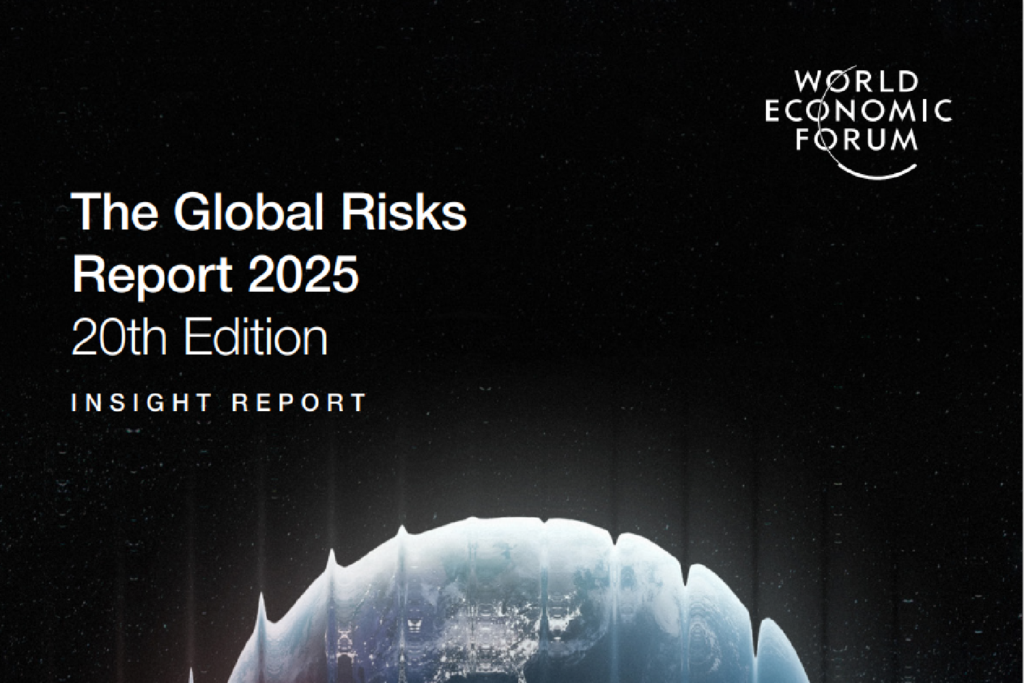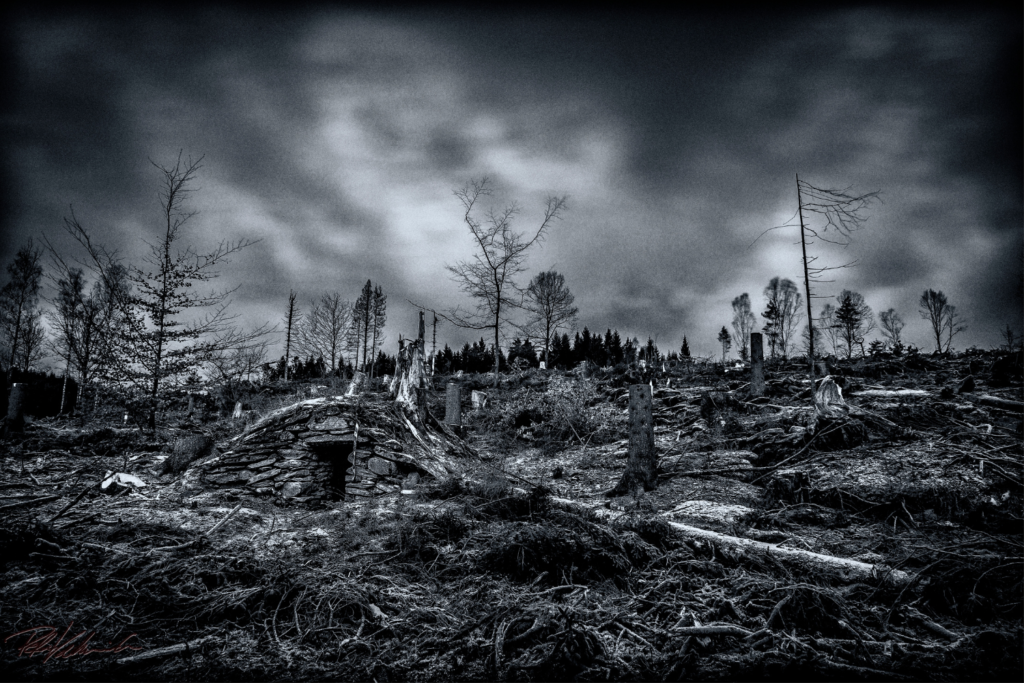Public Administration in an Age of Polycrises: Multi-nodal Governance Approaches in Some South East Asian Countries
In this chapter, the authors explore how public administration can effectively respond to the contemporary polycrisis. Using a multi-nodal governance framework, the chapter examines how selected Southeast Asian countries, including Indonesia, the Philippines, Singapore, Thailand and Viet Nam, have navigated complex challenges such as environmental issues, disaster management, health and pandemic responses, and the rise […]










